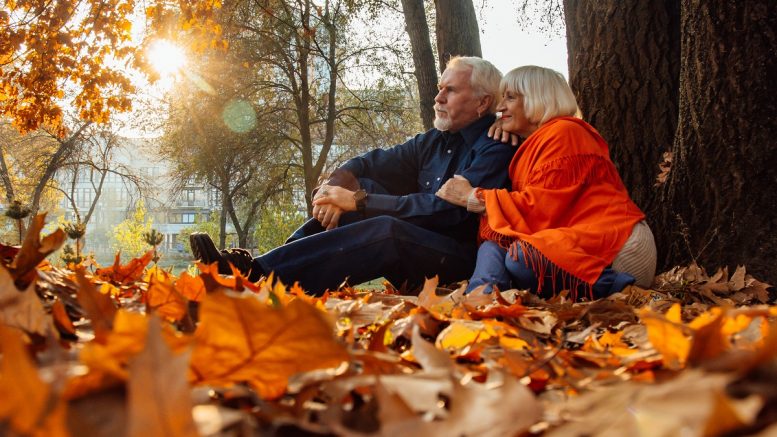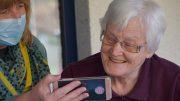In 2011, seniors made up over 13% of the U.S. population, according to a survey by the Census Bureau. However, in 2019, they reported that elderlies made up over 16% of the population; a 3% increase since 2011. This means that the number of seniors around us is increasing, hence the need to become more acquainted with the facets of elderly care and elderly care technology. While you could always contact an elderly care agency like Husky Senior Care, the advancement in technology has significantly made this a lot easier. In this article, we’ll be reviewing the ways technology has helped make senior care more efficient.
The Internet of Things (IoT)
The Internet of Things is the connection of any device that can be switched off and on by an Internet connection, enabling data sharing. This already important technological advancement also applies in the medical sector, establishing the Internet Of Medical Things (IOMT). The medical sector is now using this form of information sharing to assist the elderly with their vital signs, implants, and medication schedules to improve their health.
GPS Services
Global positioning systems (GPS) have been in use for a while now, but in the last decade, two features have improved significantly: location precision and the amount of detail that the satellites can convey. Technological advancement of this scale can help find an elderly who might be lost. Seniors with memory lapses stemming from Alzheimer’s disease and dementia often wander aimlessly, and having advanced GPS services is helping with that.
Cameras
Senior abuse has become a major issue for the elderly. According to the National Council Of Aging, one in every ten adults over the age of 60 experiences some kind of abuse, whether it is emotional, physical, sexual, or neglect. If you’re afraid of leaving your elderly alone with the caregiver, then cameras can fix that. With cameras, you can ensure senior is being treated well. They can also help caregivers and health professionals monitor the movements of seniors with mental or health issues.
Phone Applications
Phone apps are one of the most important advancements in technology, and it has improved every sector of our daily lives, including elderly care. With a basic smartphone, any senior can track their heart rate, medication, and even location. The information gathered by the app can also help health professionals understand how seniors are impacted as they grow older, from the effects of their medication to their mobility.
Virtual Assistants
With the help of virtual assistants, seniors can receive a clearer understanding of all their medical responsibilities for the day (exercising as their bodies can take, taking prescriptions) without anyone having to remind them. There are even apps with automated voices that make seniors feel as if a person is there with them.
Technology on this scale can help make senior care more efficient. Don’t hesitate to incorporate one or more vital tech innovations into your elderly’s daily living.





